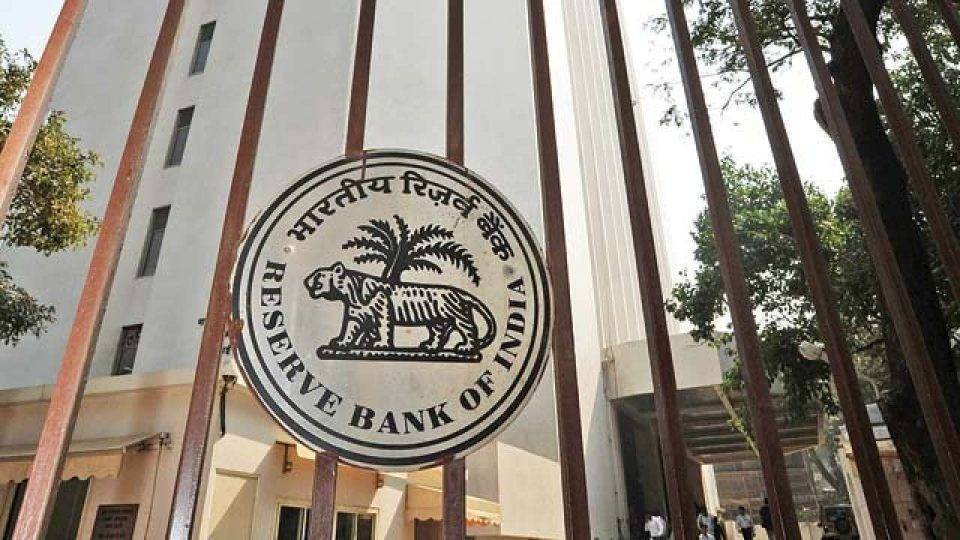Mumbai-based Sahara Star Hotel, a five-star property near the city’s airport, is at the center of a competitive debt resolution process led by several banks, including Union Bank of India. The hotel, which has more than 400 rooms, has been under financial stress for over five years. The total debt owed to banks stands at ₹729 crore, including a principal outstanding of ₹427 crore. Previous attempts to resolve the debt through restructuring and sale to the National Asset Reconstruction Company had failed due to insufficient bids.
The current process was triggered after JC Flower Asset Reconstruction Company (ARC) submitted a bid of ₹279 crore to acquire the hotel’s debt. In response, the lending consortium decided to adopt the Swiss Challenge method, setting a minimum bid of ₹293 crore. Under this method, the original bidder is allowed to match or exceed any competing offers submitted during the process, ensuring the lenders secure a higher recovery.
Union Bank of India holds the largest exposure among the lending banks, with ₹397 crore at stake. UCO Bank and Central Bank of India have exposures of ₹110 crore and ₹70 crore, respectively. Collectively, these banks have full security for their loans, as the debt is collateralized by the hotel property. This collateral provides a level of assurance in the resolution process, despite the financial stress faced by the property.
JC Flower ARC’s initial offer represents roughly 65.34 percent of the principal amount outstanding. While this is below the total owed, the Swiss Challenge process may lead to a higher bid from the original or other potential investors. The method is designed to encourage competitive offers while providing the original bidder an opportunity to retain the debt if it can match the best alternative proposal.
The Sahara Star Hotel has struggled financially due to a combination of factors, including a slowdown in hospitality demand and operational costs that have consistently exceeded revenue. Over the past five years, attempts to restructure the debt in 2021 did not attract sufficient investor interest, and the sale to a National Asset Reconstruction Company was abandoned for similar reasons. These challenges highlight the difficulties banks face in recovering large corporate loans in the hospitality sector, particularly when market conditions are unfavorable.
The current competitive bidding process will be closely monitored by stakeholders, as the outcome will affect both the lenders and the hotel’s future operations. A successful resolution could stabilize the property’s finances, while a protracted or unsuccessful process may prolong uncertainty. Banks are likely to prioritize maximizing recovery while ensuring the hotel continues operations, given its strategic location and significance in Mumbai’s hospitality landscape.
The Swiss Challenge approach is increasingly used in India for corporate debt resolution where an initial offer exists but higher recovery is possible. This model allows lenders to explore market interest while giving the initial bidder a fair chance to retain the asset under improved terms. In the case of Sahara Star Hotel, this method aims to balance recovery objectives with operational continuity.
As the process unfolds, potential investors will assess the hotel’s revenue potential, occupancy trends, and operational challenges before submitting bids. The resolution will provide insight into the market’s appetite for stressed hospitality assets and the ability of banks to recover high-value loans through structured competitive mechanisms. The outcome will also influence future lending and debt recovery strategies in the hospitality sector.
Image- saharastar.com









.png)